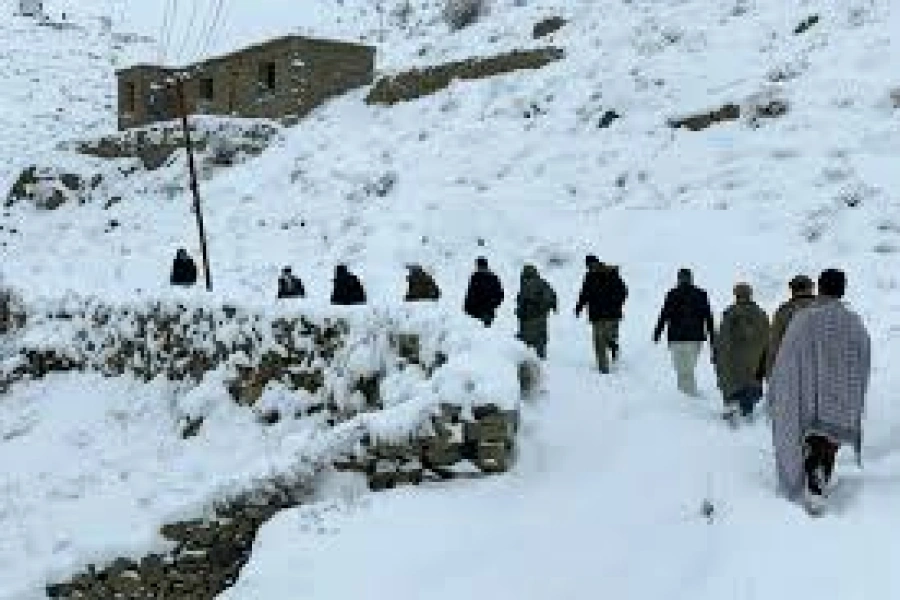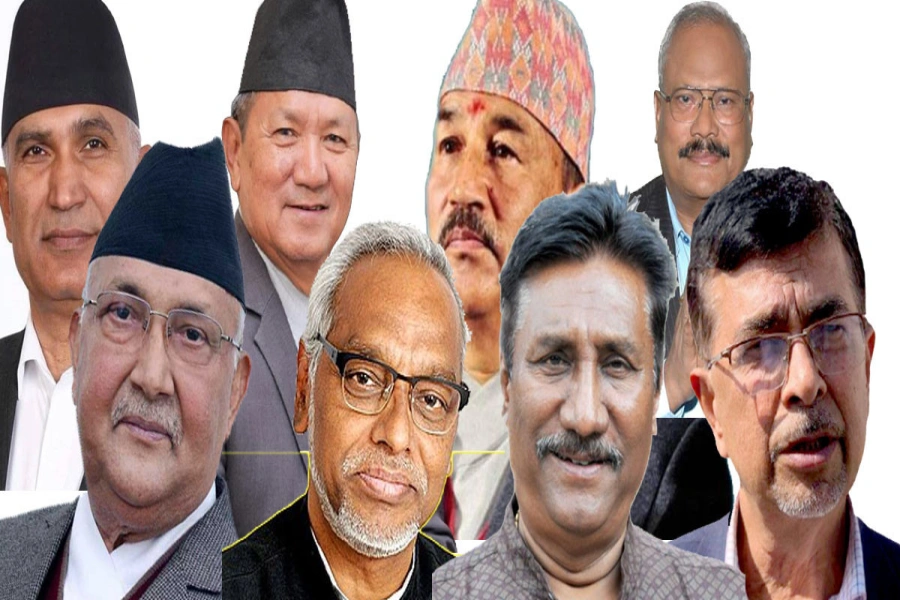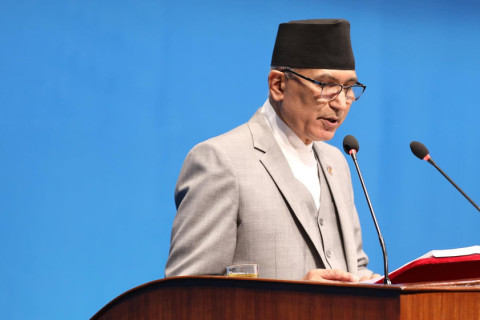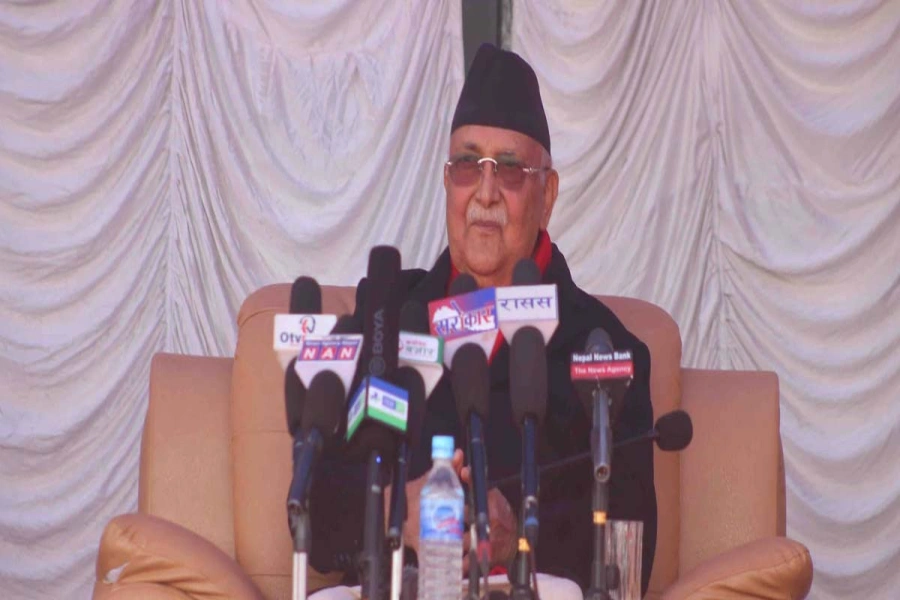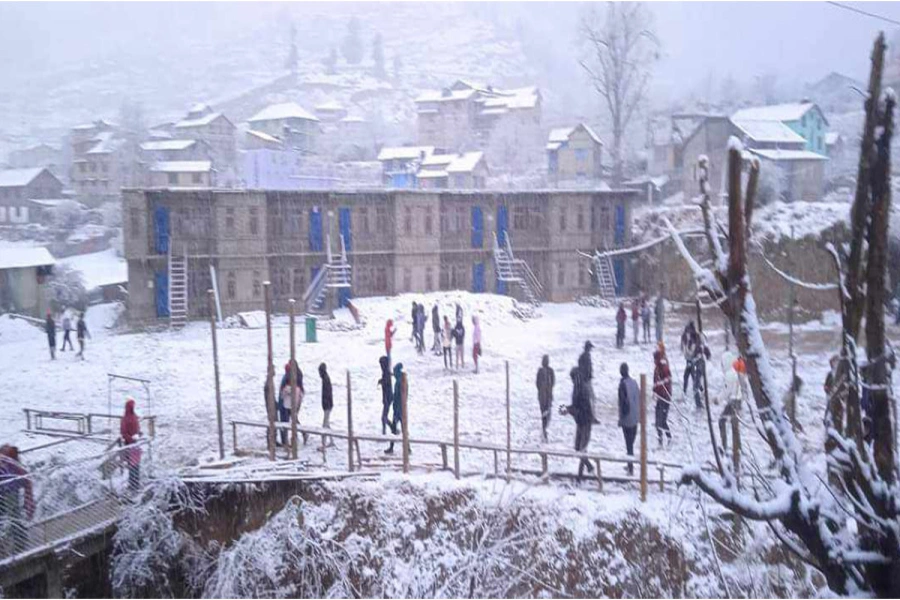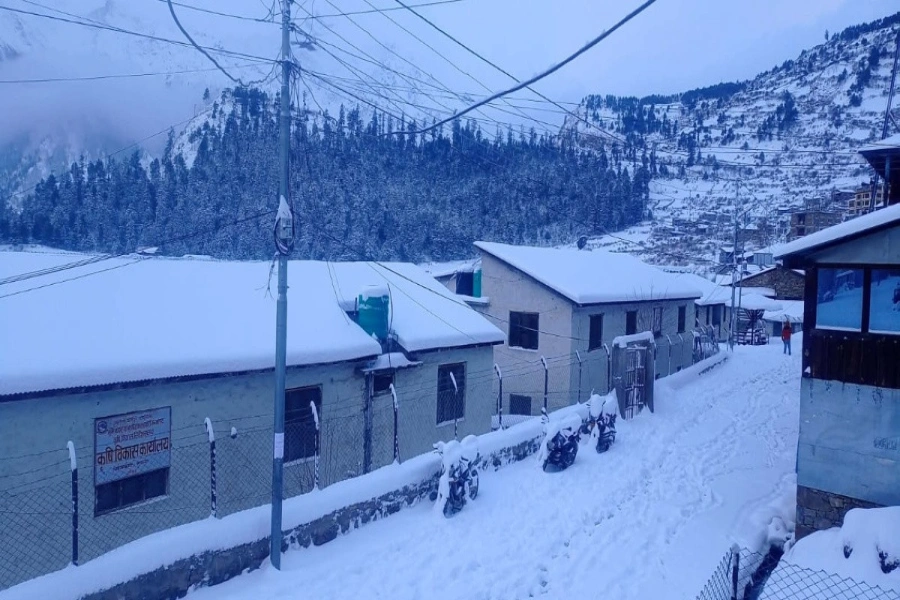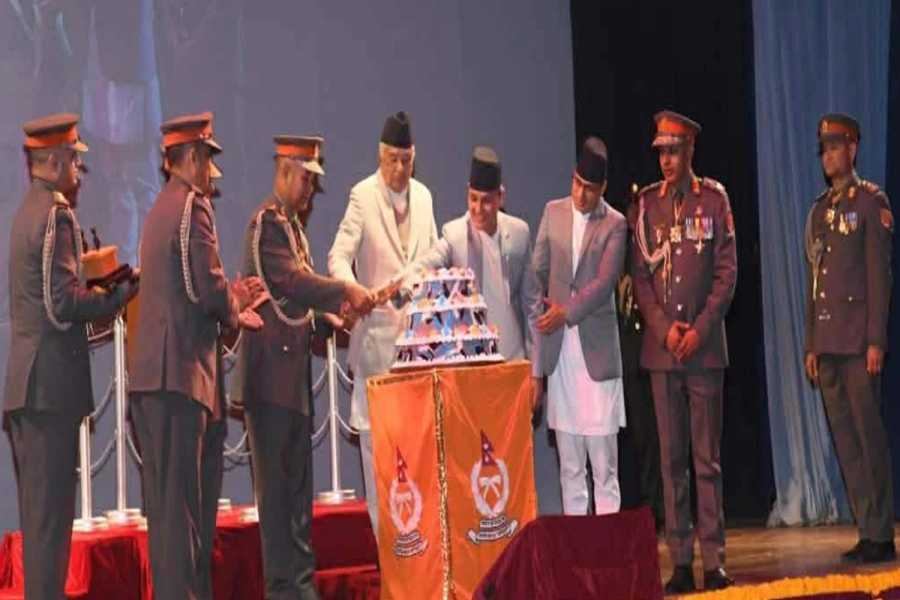KATHMANDU, July 23: The government has to refund the taxes collected since the last one week -- or the begining of the current fiscal year on July 16 -- as Finance Bills presented by the incumbent government were rejected by Parliament on Friday. However, the government can continue to spend as usual as the Appropriations Bill has already been passed.
Govt collected CGT of Rs 4.23 billion in first month this FY, m...

"Since the Finance Bills have failed, the Periodic Tax Recovery Act, 1955 will become redundent, and the government has to refund tax collected under that Act," according to former finance secretary Rameshwor Khanal.
Though it has never happened before in the history of Nepal, the government has to refund the taxes collected since July 16, the begining of the current fiscal year, following rejection of the Finance Bills by Parliament on Friday, he added.
The Periodic Tax Recovery Act 1955, which is meant to help the government continue to mobilize taxes, came automatically into effect from the day after Finance Minister Bishnu Prasad Poudel presented the budget for the fiscal year 2016/17 on June 28. And it would have been automatically superseded had the Finance Bills been approved by Parliament today.
The Periodic Tax Recovery Act, 1955 authorizes the government to collect taxes for 6 months until the Finance Bills are duly approved by the House. "But when the Finance Bills are rejected, then the Periodic Tax Recovery Act also becomes redundant," he said, adding that any taxes collected under the said laws need to be refunded.
Chief of the Customs Department Shishir Dhungana said that the government would now bring in a Periodic Tax Recovlery Directive to help mobilise taxes.
Parliament had scheduled approval of the Finance Bills on July 13 as it had already approved the Appropriation Bill, paving the way for expenditures by the government from the begining of the new fiscal year. But the incumbent government was reduced to a minority as one of the key coalition partners, CPN (Maoist Centre), withdrew its support on July 13. The Finance Bills then became uncertain.
The political tug-of-war that has left the fate of the budget uncertain is a historic blunder, Khanal added.
Nepal has seen many things -- that it had never witnessed in its history -- over the past decade. And as if that were not enough, the country could now also see a new budget altogether for Fiscal Year 2016/17 once a new government is formed. However, the government can continue to spend, as Parliament has already passed the Appropriations Bill.
With the House on Friday rejecting the Finance Bills -- including the Finance Bill 2073 BS, the Bill to Mobilize Internal Loans, and the Loan and Guarantee Bill (21st amendment) -- the future of the budget introduced by the Oli government has also become uncertain. This will eventually hit an already battered economy hard.




